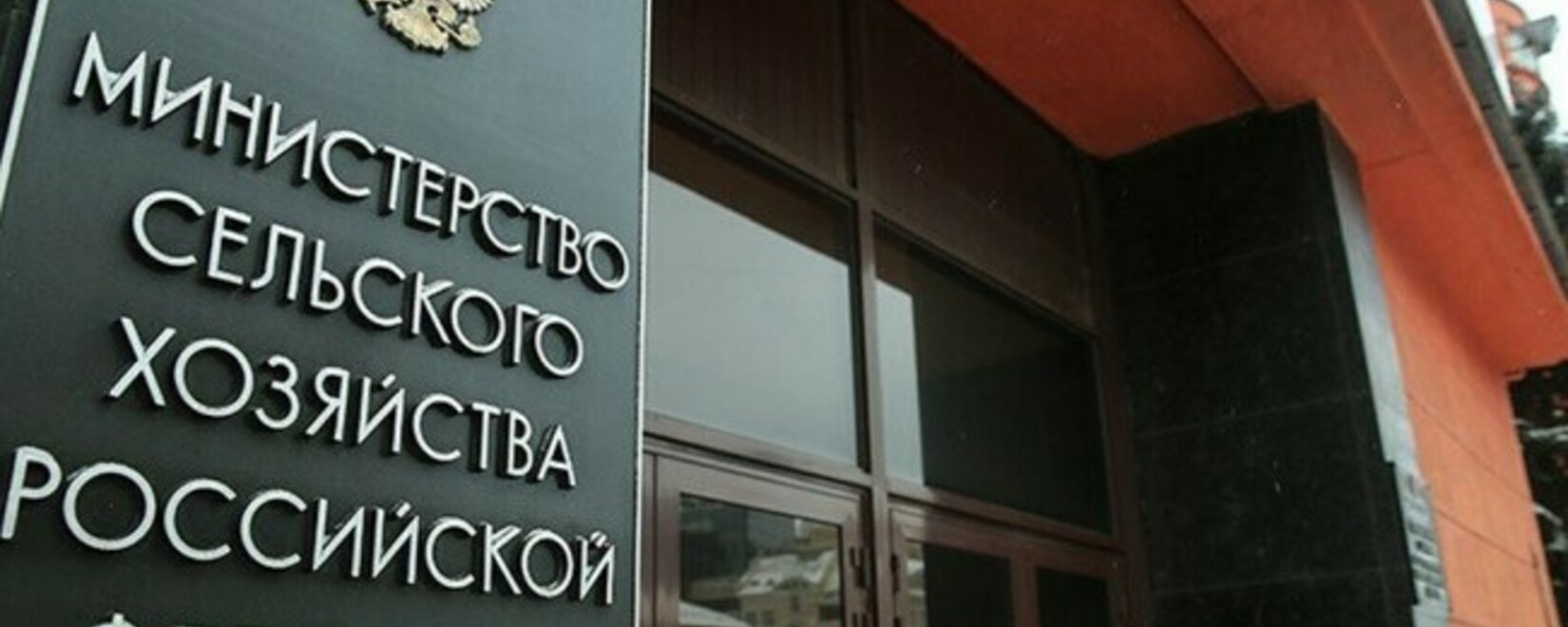The Ministry of Agriculture of the Russian Federation proposes to change the marginal minimum prices for grain, upon reaching which, in 2023-2024, procurement and commodity interventions in the grain market will be carried out.
According to the draft order of the department, posted on the regulation.gov.ru website, the proposed price levels are lower than those approved by the order dated March 23, 2023, Interfax reports. In addition, the period for which these prices are determined is changing. It is proposed to be installed from August 1, 2023 to June 30, 2024. In the current order, it is listed from July 1, 2023 to June 30, 2024.
Thus, the price for wheat of the 3rd class is proposed to be set at 15,620 rubles per ton with VAT (17,820 rubles in the current order) and 14,200 rubles per ton without VAT (16,200 rubles). For wheat of the 4th class - 14,960 rubles (16,830 rubles) and 13,600 rubles (15,300 rubles) per ton, respectively, for rye not lower than the 3rd class - 11,220 rubles (12,650 rubles) and 10,200 rubles ( 11,500 rubles) per ton, for barley - 13,310 rubles (14,630 rubles) and 12,100 rubles (13,300 rubles) per ton.
Prices for carrying out commodity interventions are also lower than those provided earlier. So, for wheat of the 3rd class - 17,160 rubles per ton with VAT (19,580 rubles), 15,600 rubles per ton without VAT (17,800 rubles), for wheat of the 4th class - respectively - 16,500 rubles (18,480 rubles) and 15,000 rubles (16,800 rubles) per ton, for rye - 12,320 rubles (13,970 rubles) and 11,200 rubles (12,700 rubles) per ton, for barley - 14,630 rubles (16,060 rubles) and 13 300 rubles (14,600) per ton without VAT.".
Prices apply to all regions of the Russian Federation.
The mechanism of commodity (sale of grain from the state intervention fund) and procurement (purchase of grain by the state) interventions has been operating in Russia since 2001. It is aimed at stabilizing prices on the grain market and supporting agricultural producers. With a sharp rise in prices, the state sells grain from the state fund and thereby stops the rise in price, with a fall in prices, it removes excess grain from the market in order to stop its cheapening.
Previous grain interventions were purchasing. They were held from August 1 to December 30, 2022. 3 million tons of grain were purchased for more than 47 billion rubles.

 Trading platform
Trading platform 
 Monitoring
Monitoring  Express applications
Express applications 
 Fork Work
Fork Work 
 Service
Service  News
News  Directory
Directory 
